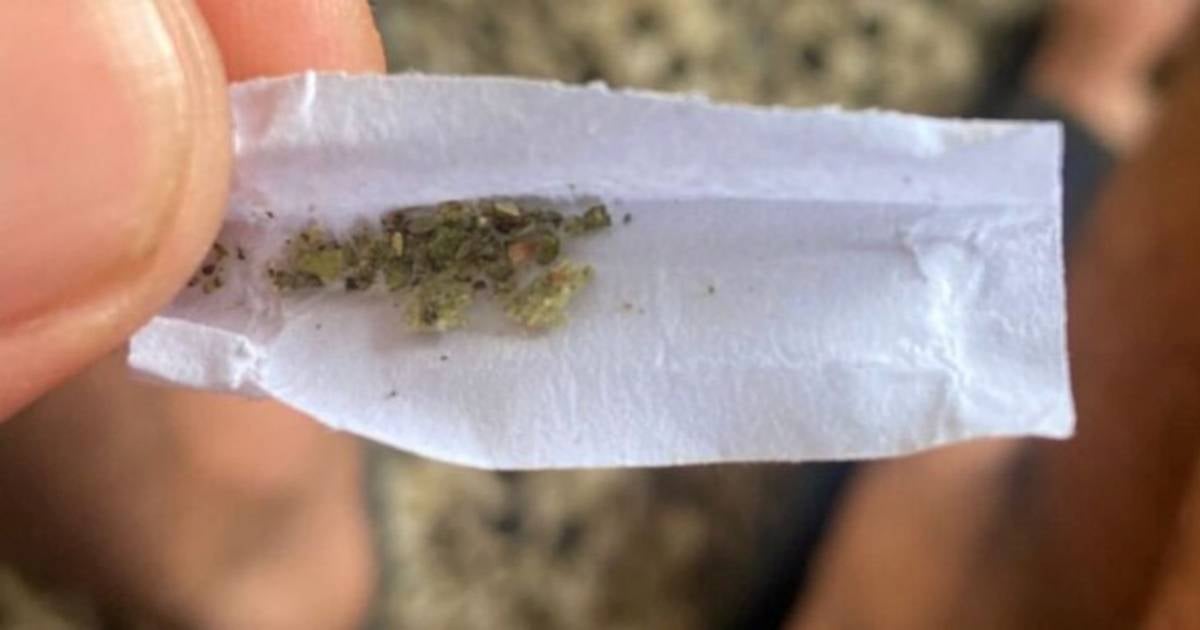The Cuban regime persists in its harsh crackdown on the drug known as "the chemical," seeking prison terms of 8 and 9 years for two young men in Matanzas accused of its consumption and distribution. According to a report from local state-controlled media, YGR, a 22-year-old from San Miguel del Padrón residing in the capital, faces the longer sentence. He allegedly acquired the chemical in Havana, made cigarettes ("bates"), and sold them to AVU, also known as "El Abuelito," a 24-year-old living in Cárdenas.
The trial for drug trafficking was held at the Matanzas Provincial Popular Court, showcasing the state’s "zero tolerance" policy towards drugs. YGR was apprehended at the Bacunayagua checkpoint with 10.10 grams of synthetic drug in his backpack. The quantity, according to the report, could produce over 1,000 cigarettes, with each gram yielding 100 to 120 doses.
AVU reportedly sold these chemical-laced cigarettes for 300 CUP each. The court is expected to deliver the sentence on July 17. Last week, Noel Bibeaux Muñoz was convicted for producing 80 to 100 doses of "chemical" and received an 8-year prison sentence in Cienfuegos. Similarly, the Santiago de Cuba Provincial Popular Court recently sentenced a man to eight years for illicit drug-related offenses.
The Punitive Approach
For years, drug sales and use, particularly among young people, became commonplace in many Cuban cities, with substances like the "chemical" readily available on street corners, largely ignored by the authorities. As addiction spread and young lives were lost to overdoses, the state turned a blind eye. Now, the government that once allowed this issue to spiral out of control is conducting "exemplary" trials like the one in Cienfuegos to project an image of control.
The sentences are severe, with threats of life imprisonment or even the death penalty for the most serious cases. However, these harsh measures are not backed by a comprehensive preventive strategy or public health campaigns to address the root causes of the problem: hopelessness, poverty, marginalization, and lack of opportunities.
Understanding Cuba's Drug Policy
What penalties do Cuban authorities impose for drug trafficking?
Cuban authorities impose severe penalties for drug trafficking, including lengthy prison sentences and, in the most serious cases, threats of life imprisonment or even the death penalty.
Why is the Cuban government's drug policy considered punitive?
The Cuban government's drug policy is deemed punitive because it focuses on harsh sentences as a deterrent, without implementing effective preventive strategies or public health campaigns to tackle underlying issues such as poverty and lack of opportunities.
How does the availability of "the chemical" affect Cuban youth?
The widespread availability of "the chemical" has led to increased drug use among Cuban youth, contributing to addiction and overdose cases, as authorities have historically neglected the issue.
